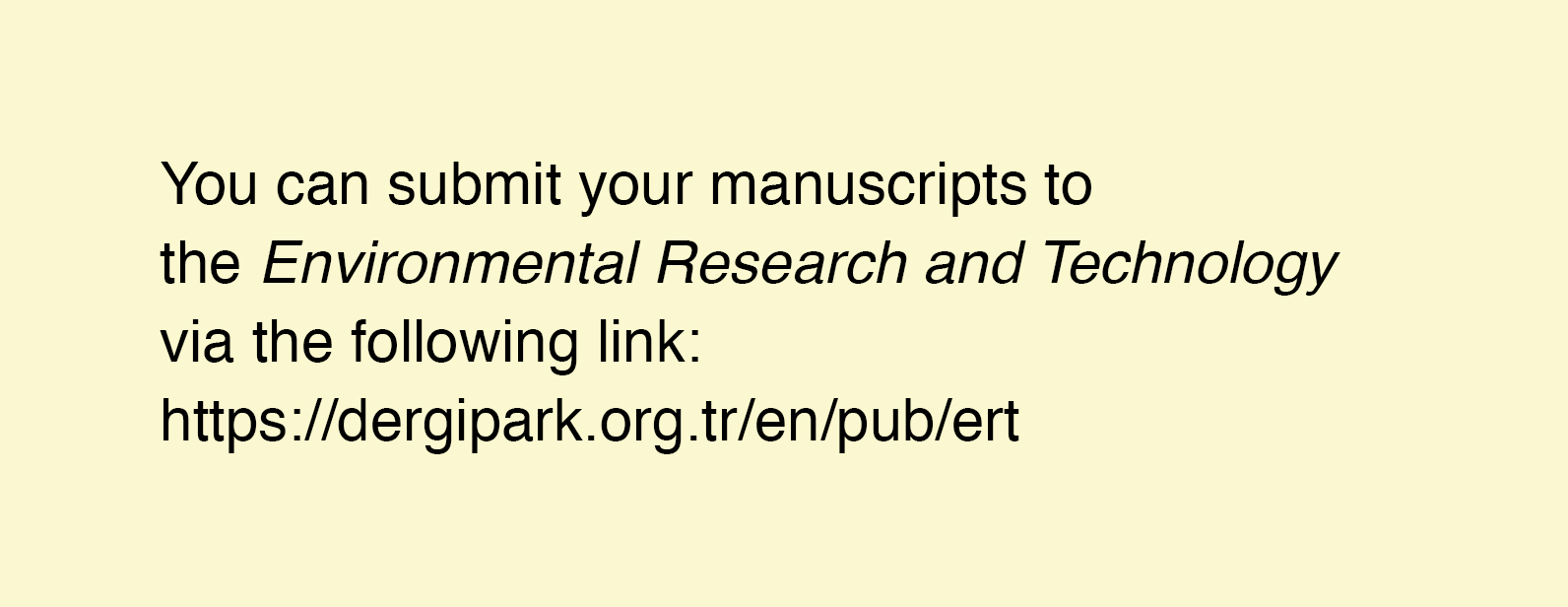Abstract
The use of plastic bags (PB) has increased continuously over time because of their multipur-pose property. Due to its environmental effects, Türkiye has approved a new law to limit the use of plastic bags. According to the approved Turkish plastic bags law (PBL), plastic bags of 15 microns or more are prohibited from being given to the customer free of charge. The new law’s effects were investigated by applying a face-to-face survey consisting of 13 questions to 1537 people in four districts close to Mersin city center. In addition to that, field surveys were managed to the common markets in the target area. From the target sample, 159 males and 128 females had not bought the PB after the law. Whereas 184 males and 178 females had bought PB for 10 times or more. The monthly income has a weak correlation with the plastic bags purchasing times. Families with 1-3 capita, 4-6 capita, and larger families who never bought plastic bags have moderate negative correlations. Families with 4-6 capita and larger families have a significant strong positive correlation at the (P<0.01). It was found that people aged 50 years and over who participated in the survey were less aware of the negative impact of bag use on the environment than younger ones. Garbage plastic bag consumption has not increased as expected. The managed field surveys proved that. The results from the surveys showed a decrease in PB consumption with a ratio between (60-80%).











